
Seven Deadly Sins (1966)
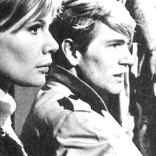
Seven self-contained plays by different writers - each featuring one of the sins categorised by the founders of the Christian Church as "deadly."




Seven self-contained plays by different writers - each featuring one of the sins categorised by the founders of the Christian Church as "deadly."

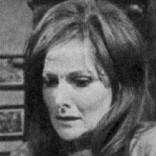
When 1966's Seven Deadly Sins proved popular with viewers, series producer Peter Willes decided to repeat the idea the following year.

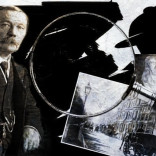
13-part anthology series featuring Conan Doyle's non-Sherlock Holmes stories encompassing many genres, including comedy, romance, crime, medicine, and the supernatural.

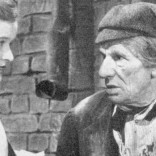
This BBC Sunday Night Theatre presentation, broadcast on 15 April 1951, tells the story of two young women dispatched towards the latter part of the 19th century to introduce the Salvation Army into a bleak northern town.


Seven tourists arrive and gather in a deserted inn. The dinner lies half-prepared in the kitchen. Cards lie on a bridge table. A tap is running aimlessly, overflowing the bath, and yet there is not a living soul in sight.


A pearl trader and a priest-both fighting for the use of the same hall-one for a casino, the other for a church. Rose becomes the unwilling pawn in this battle between sacred and profane in a small Australian town.

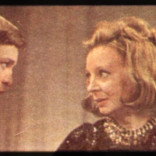
Six single plays linked by a common theme. The hero one week became the villain next week

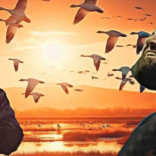
As the shadows of war looms around them, an aging artist who lives a reclusive life in a dusused lighthouse in an Essex fishing village, assists a young orphan girl in caring for a wounded snow goose

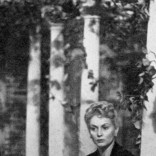
Eugene O'Neill's controversial five-hour play, an exploration of loose morals and their consequences, was banned in many theatres. Produced by the BBC in 1958 in two parts, it used an experimental technique that is today commonplace

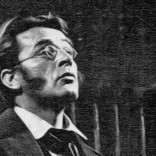
Richard Burton starred in John Osborne's first play for television, which was turned down by commercial television before it was snapped up by the BBC in 1960


In this ‘lost’ BBC play - the long-drawn and bitterly contested American Civil War is over, but there is a legacy of hatred left over from the fighting - hatred which comes slowly to a climax in a bar in Decker City


Under the flag of truce a Huguenot nobleman cannot refuse shelter, even to his catholic enemies. But he finds that under his roof lies the man who tortured and killed his wife in the massacre six years before


Stark one-off drama about two cold-bloodied thugs who are witnessed violently assaulting an innocent man. But the witnesses, in fear for their own safety, refuse to give evidence. "Sometimes," say one of them, "it doesn't pay to see too much."

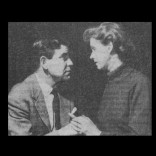
Single play that has been reimagined on several occasions by the BBC and was the inspiration for a movie.

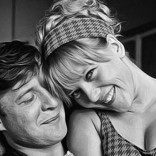
Featuring a number of well-known faces, this 'lost' ITV play is the first in a trilogy which were all set along Blackpool's Golden Mile


'Lost' BBC drama set on a farm between 1938 and 1944 which tells of turmoil within a family as their whole livelihood is threatened

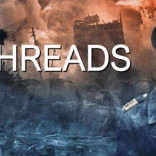
British drama on the effects of a nuclear holocaust on the working class city of Sheffield, and the eventual long-term effects on civilization, which is as traumatising and resonant today as it has ever been

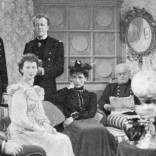
Another 'lost' BBC play. Anton Chekov's celebrated play concerns the lives of an aristocratic family who struggle to search for meaning in the modern world.

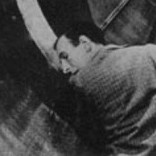
Earliest television outing for H.G. Wells' classic sci-fi tale about a time traveller

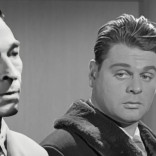
Something of an oddity in the BBC’s development of science fiction/horror plays and series for television, Time Slip was broadcast live in November 1953 and was unrecorded. The Radio Times didn't even publish a cast list!

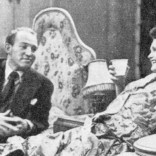
The Troubled Air was Irwin Shaw's novel chronicling the rise of McCarthyism in the USA and in particular the anti-Communist witch-hunt among radio-programme workers.


Life in the Royal Flying Corps seems pleasant enough to young Bill St. Aubyn as he basks in the French sun. But when an important offensive is mounted, he is suddenly faced with the grim reality of war.

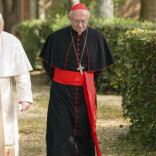
An intimate story of one of the most dramatic transitions of power in the last 2,000 years. At a key turning point for the Catholic Church, Pope Benedict XVI forms a surprising friendship with the future Pope Francis


Commercial Television's first Science Fiction production: The world stands on the brink as a runaway freighter rocket, containing high explosives, is due to detonate over London at midnight on New Year's Eve 1999...

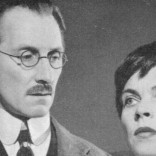
This 'lost' BBC play is a dark psychological story of how a kindly, benevolent, and somewhat mundane bachelor can transform into a cold and pre-meditated murderer


The BBC's switchboard was jammed with complaints following the showing of its controversial play depicting the harsh realities of poverty, unwanted pregnancies, and the struggle for freedom amid societal constraints. Possibly the most important docudrama of all time...

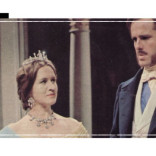
Peter Wildeblood's adaptation of Laurence Housman's Victoria Regina was broadcast in 1964 as four individual plays and starred Patricia Routledge who portrayed four ages of the monarch.

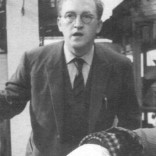
Harold Crombie (Robert Lang) is something of a nonentity-the sort of man who merges into the background so well that even his office colleagues barely notice he's there.

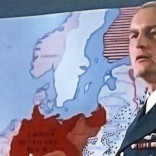
German TV film portraying the events of the Wannsee Conference, a meeting of senior government officials of Nazi Germany and SS leaders, held in Berlin in January 1942

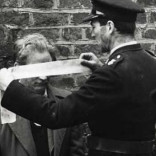
A Chinese invasion of South Vietnam triggers a new world war between East and West. In the town of Rochester, Kent, the anticipation of a nuclear attack leads to mass evacuations. This one-off drama proved to be so controversial that the BBC, who made it, refused to broadcast it for 20 years.